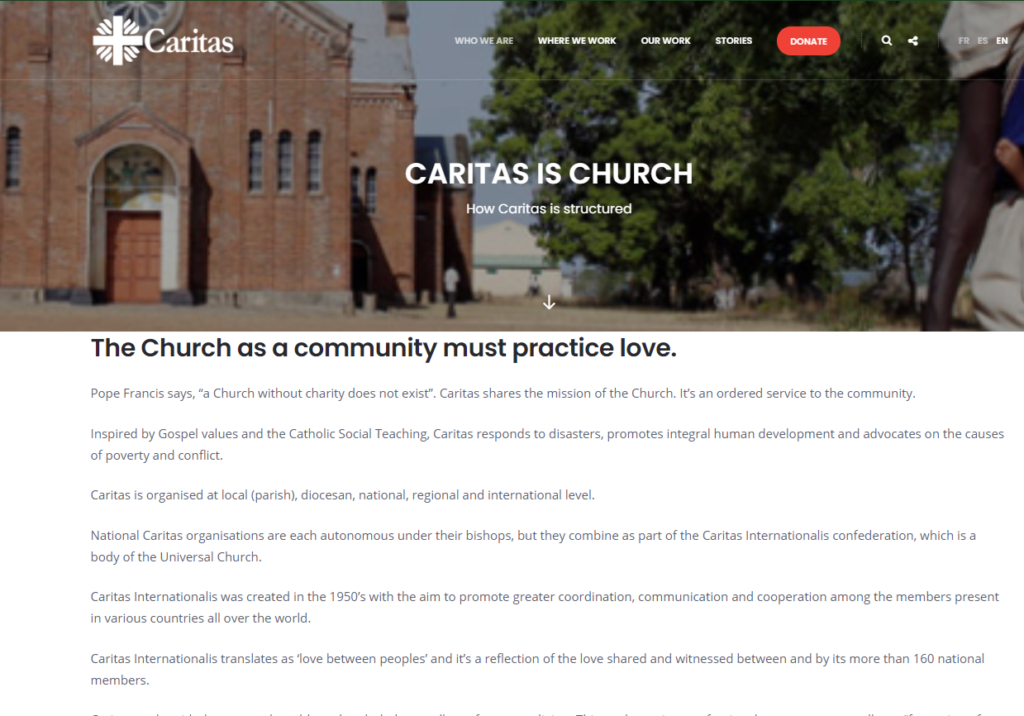From 1588, the failure of the Spanish armada, to1620, the voyage of The Mayflower, things were done which would underpin Britain’s conflicted self-image as underdog and world leader for centuries.
The years represented revolution. The language of Shakespeare is the example for the ages.
They also represented consolidation.
The King James Bible was built on William Tyndale’s revolution a few decades before. It did not bring much new language, much less than Shakespeare. But it brought a majesty to a nation now punching above its weight.
One oft-cited passage is chapter 13 of Paul’s first letter to the Corinthians, which ends:
When I was a child, I spake as a child, I understood as a child, I thought as a child: but when I became a man, I put away childish things.
For now we see through a glass, darkly; but then face to face: now I know in part; but then shall I know even as also I am known.
And now abideth faith, hope, charity, these three; but the greatest of these is charity.
The last word has proved controversial. Paul’s Greek word was “agape”. Usually rendered as “love” as in “agapanthus”, the flower of love, it means something different to and, from the author’s view, something higher than either the sexual or the fraternal.
The Latin Vulgate – the western base text for centuries – avoided love and went for charity with nunc autem manet fides spes caritas tria haec maior autem his est caritas.
Tyndale’s passion – his revolution – had been a direct translation from the Greek text and not via the Vulgate. Tyndale had been fine with faith and hope but caritas? No. He gave Now abideth fayth hope and love even these thre: but the chefe of these is love.
“Love”? The KJV committee charged with this famously preferred Latin over lust, returning us to And now abideth faith, hope, charitie, these three, but the greatest of these is charitie.
It is an interesting anachronism as modern bibles both catholic and protestant generally prefer “love”.
On 2 May 1511, a few days before The Winter’s Tale had its premiere, Robert Barker published the KJV. Though the “love” / “charity” issue was something for his authors and not for his printers, he would become of a patron saint of misprinters. His “oops” moment came with the 1613 reprint, where Judas and not Jesus took the disciples to Gethsemane. His “oh” moment came in 1631, when he famously rendered the seventh commandment Thou shalt commit adultery.
